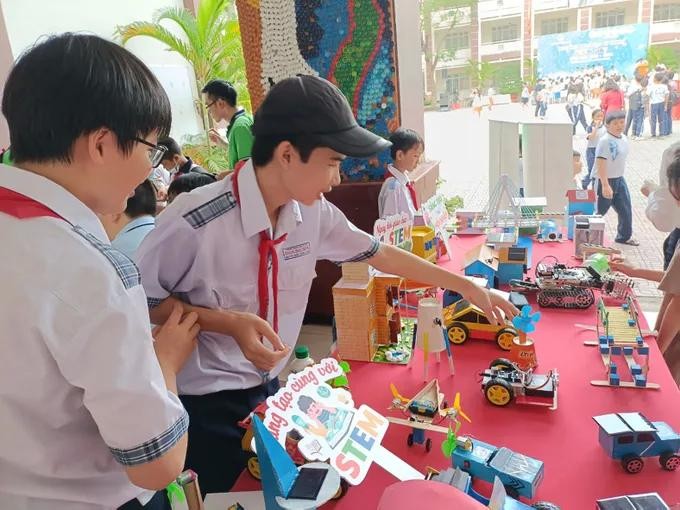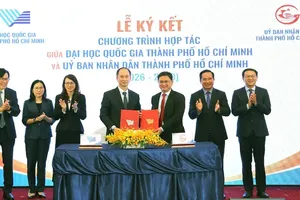
The program is expected to begin in December 2025 and will run until May 2026 at selected schools across the nation.
In its announcement, the MoET confirmed that draft guidelines have been circulated to provincial and municipal education departments for consultation. The ministry emphasized that the initiative is designed not only to provide students with technical knowledge of AI but also to instill a strong sense of responsibility in how technology is applied to society.
The draft framework outlines a curriculum that integrates human-centered thinking, ethical considerations, technical applications, and system design, ensuring that students gain a balanced understanding of both the opportunities and risks associated with AI.
The pilot program will be closely monitored throughout its implementation, with adjustments made based on feedback and evaluation. In June 2026, the MOET will conduct a comprehensive review of the outcomes, refine the framework, and prepare recommendations for nationwide adoption in subsequent academic years. The curriculum is structured to serve two major educational stages: the foundational stage, which covers primary and lower secondary education, and the career-oriented stage, which applies to upper secondary education.
At the primary level, children will be introduced to AI through simple, intuitive applications such as image and voice recognition, while also learning that AI is a human creation and beginning to develop awareness of personal data protection. At the lower secondary level, students will deepen their understanding of AI concepts, applying them to learning tasks and gaining the ability to recognize risks, biases, and limitations inherent in AI systems.
By the time they reach upper secondary school, learners will be encouraged to design basic AI systems, tackle complex problem-solving tasks, and explore career pathways in technology, equipping them with the skills and vision needed to thrive in a rapidly evolving global economy.
MoET stressed that the program is not solely about technical training but about cultivating responsible digital citizens who can harness AI for the benefit of society. By embedding AI education into the school system, Vietnam aims to strengthen its human resource base for the Fourth Industrial Revolution, ensuring that future generations are prepared to navigate the ethical, social, and professional dimensions of technological innovation.
























